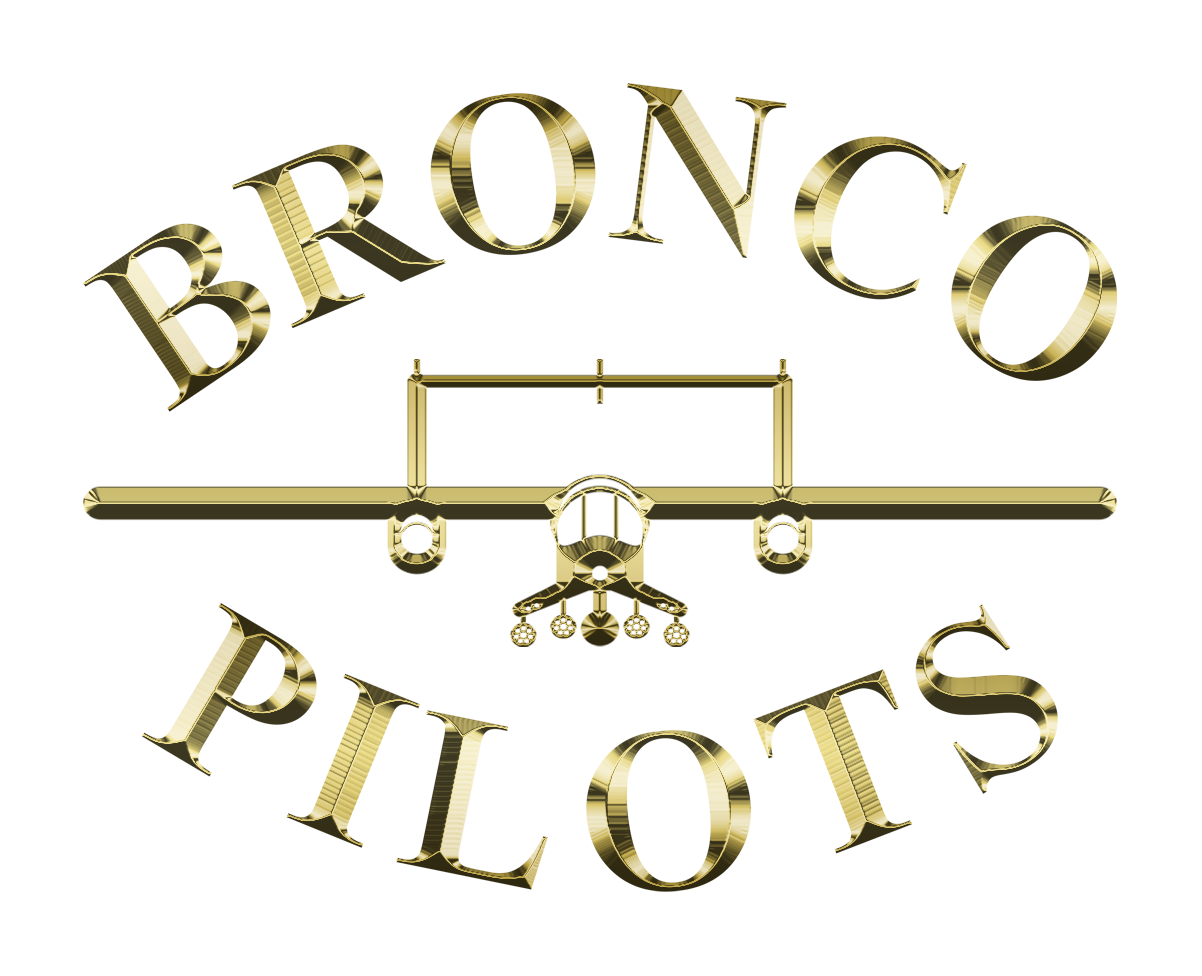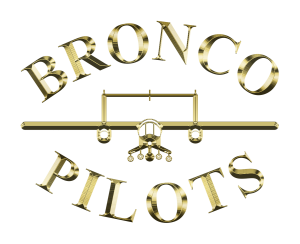Making tough choices in war is one of the most complex parts of being a soldier. It’s not always clear what the right thing to do is, especially when lives are on the line.
The book “Bronco Pilots” delves into the problematic decisions combat pilots faced during the Vietnam War. The story follows three friends who flew H-34 helicopters and OV-10 Broncos, shedding light on the harsh realities of war and the moral dilemmas they grappled with as Marines.
One mission stands out in particular. They had to decide whether to attack an enemy target near civilians. Taking out the enemy could save their fellow Marines, but it also meant risking innocent lives. This decision weighed heavily on them, highlighting soldiers’ complex ethical challenges.
Soldiers need training and support to navigate these dilemmas. Understanding these challenges helps us empathize with their struggles and honor their service. It’s not just about being brave—it’s about making difficult choices with a heavy heart.
Reflecting on these stories allows us to appreciate better the sacrifices and complexities Marines face. Their duties involve not just bravery but profound moral judgment. Discussing these experiences openly fosters empathy and support for those who serve, acknowledging their heavy burdens, both in combat and beyond.
In essence, the lessons from “Bronco Pilots” teach us that the accurate measure of a soldier isn’t just in their courage on the battlefield but in the ethical decisions they make in the face of adversity.



My friends have been the greatest asset I could ever have hoped for. Ranging from saving my life to mentoring or just hanging out. I wouldn’t give up any one of them for anything, but some have passed on already. The pain of their departure is still with me although over time it has lessened. I still pray they are resting peacefully. I’m grateful to have others in my life, even though in some cases, I don’t see them much anymore because of distance, and others don’t call or get together as much as we used to.
Do you have close friends that are now separated by distance? Do you have close friends that have passed?
I believe there are no closer friends than those forged in combat. As Bronco pilots we probably spent betweenl 75 to 90% of our tours on the ground, out of danger, essentially in the rear with the gear, except when our unfriendly foes threw noisy explosions in our direction. These, “down” times were when we bonded. In our quarters, in the ready room, in the bar and on occassions such as liberty off a ship or Rest and Recuperation (R&R) during the rare seven days off during a 13 or 14 month combat tour. We played cards, Shoo and I played Bridge or Gin and he also played Poker; Brooklyn and I often got drunk at the Officer’s Club. Probably, as I remember it, we were drunk at the club anytime we were not scheduled to fly. Len Chapman III and I often hit the raquet ball court when he was with us in VMO-6 as an Air Observer. He was a quiet, sober young man and an admirable reflection of his father, the Commandant of the Marine Corps at the time. I could not say that our time together was “enjoyable” but the friendships made it bearable. We did have “fun.” We sang, we laughed, we bitched, we moaned and generally served our time with each other as companions, commrades, buddies, or whatever you would call it. I would say, everyone I knew was a “friend” but the closest of us, called each other brother. Shoo, Brooklyn and I were even closer than brothers in the “Triumvarate.” There were times of rollicking laughter at each other, at our circumstances, at the ridiculousness of our predicament. All in all, my friends are what I remember most. They meant everything to me. I suppose I would have survived without them but looking back it was their compassion, understanding and support that helped me through the more difficult times. Yes, I’d do it all over again, if I had to, but I wouldn’t want to do it without them.